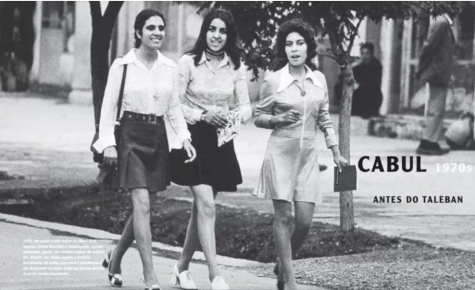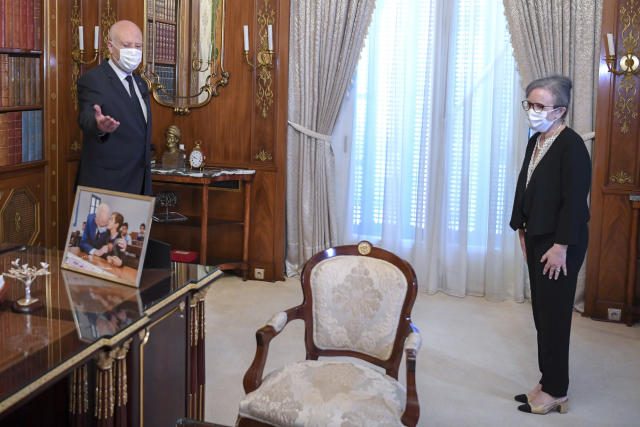Prime Minister Bouden-Ramadhane?
An update on the Tunisian government
The twist-filled story of Tunisian democracy in the past three months has once again taken another dramatic turn. As Voices newspaper reported two weeks ago, President Saied of Tunisia had seized power in recent months from the Parliament and his Prime Minister. He had dismissed the parliament and disposed of the Prime Minister to solidify the country’s governmental power in the office of the President. Last week, in a move that has further confused the global community, President Saied appointed Najla Bouden-Ramadhane as the country’s new Prime Minister. The former engineering professor will be the first female leader of an Arab nation in modern history.
Tunisia has had a long history of being a trailblazer for women’s rights in the Arab world. Since its independence in 1956, it has in place policies that strive to protect the lives of women, but also improve their lives in a region that has had a nuanced relationship with women’s rights. The western world has come to believe that women covered from head to toe exemplify the average life of a woman in an Arab country. While it is true that women in some areas of the Arab world are required by law to live their lives like this, applying this assumption to women across all regions of the Arab world leads to some errors in perception. Women in some areas the Arab World have had large amounts of personal freedom, and dressed similarly to women in Europe and London. They openly appeared on the streets of their countries without shame or fear. As the regional stability shifted, women were forced to undergo new practices and treatments across the diverse Arab world. Tunisia has long sought to return the rights of women to what they were many years ago.

President Saied’s action of appointing a female prime minister was celebrated in his country after the announcement. He has tasked the new prime minister with rapidly forming a government, seemingly to cease the criticism he has been facing over recent months. He met with her in his presidential office soon after her appointment and stressed the urgency behind his decision. He has been ruling by decree since he seized power and it is unclear how this appointment will affect his actions.

After his announcement, rallies of support for his decision have been held across the country. Despite his extreme overreach of power, Saied remains popular among some groups of voters in his country. They praised him for appointing a female Prime Minister, similarly, the government has been stressing how forward-thinking his decision is. Critics believe the government is being so forceful with its messaging in an attempt to curb the negative press his administration has been receiving.
President Saied said to reporters that over 1.8 million people came out to support him over the weekend in his efforts to “reform” the government. His claim has not yet been verified by the press, but support for him did have a strong showing.
As President Saied’s decision was applauded by some around the world, others continue to worry about the state of Tunisian democracy. Currently, it is believed that Tunisia will hold parliamentary elections sometime in the coming months, and those, if fair, will hopefully return power to parliament. If this does not happen though, President Saied is free to continue his control of the country without check.
Further damaging some groups’ hope of a return to parliamentary power is the disorganization of the country’s leading parliamentary party. The Islamist Ennahda Party has struggled in recent months to regroup and form a cohesive message after the closure of the government. Continuing to cast doubt on their ability to perform was the resignation of 113 members including politicians and officials, resigning in part due to the party’s inability to form a common cause movement against President Saied. The party, which has held a majority in parliament since 2011, has lost the support of large portions of the electorate due to a struggling economy and a decline in public services.
What Saied will do in the coming months is a mystery to foreign experts. His action of appointing a prime minister has given some hope that a return to democratic normalcy is imminent, but others say it is just a protective measure against the rightfully earned criticism. Democracy is a vital aspect of the country’s current political climate, and the Tunisian voters who fought hard to earn the right over a decade ago will not be willing to give up their freedom easily.







